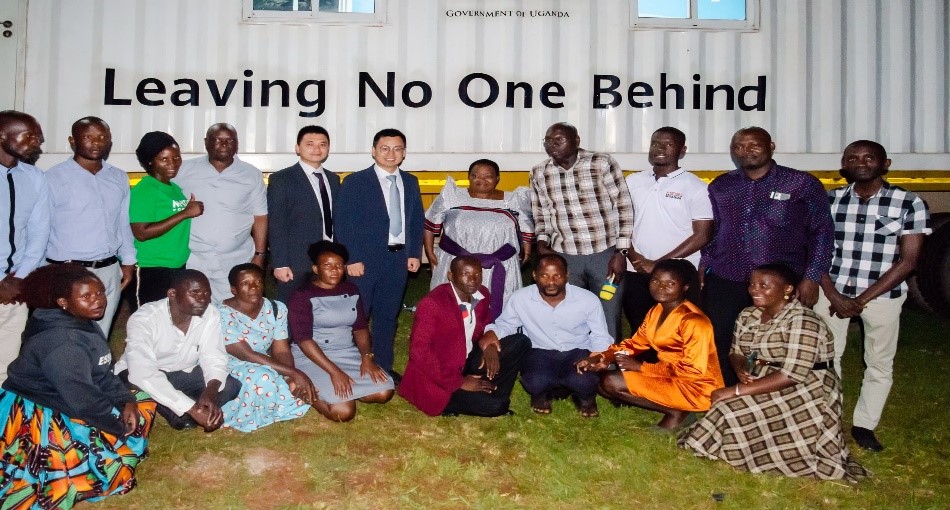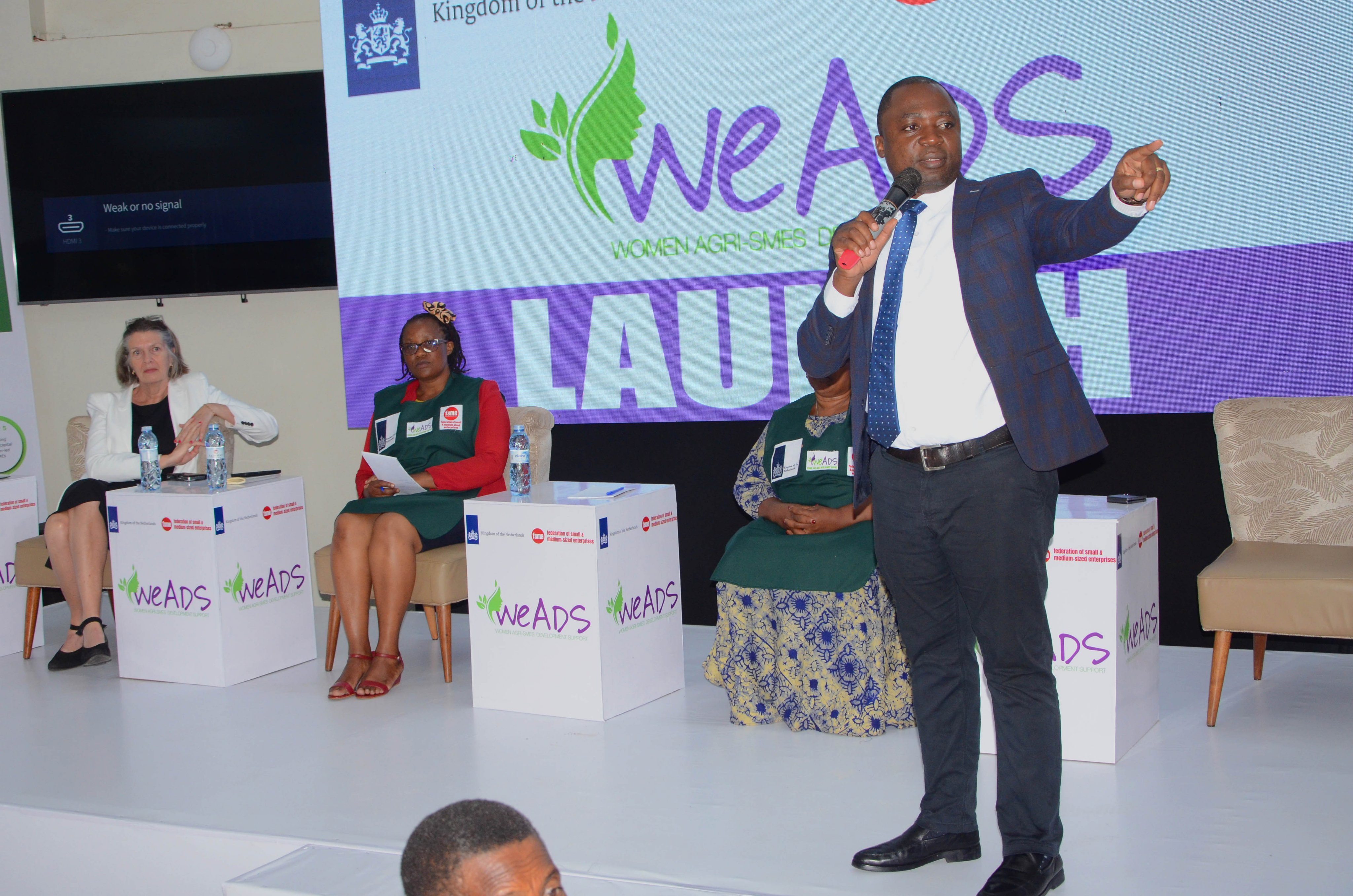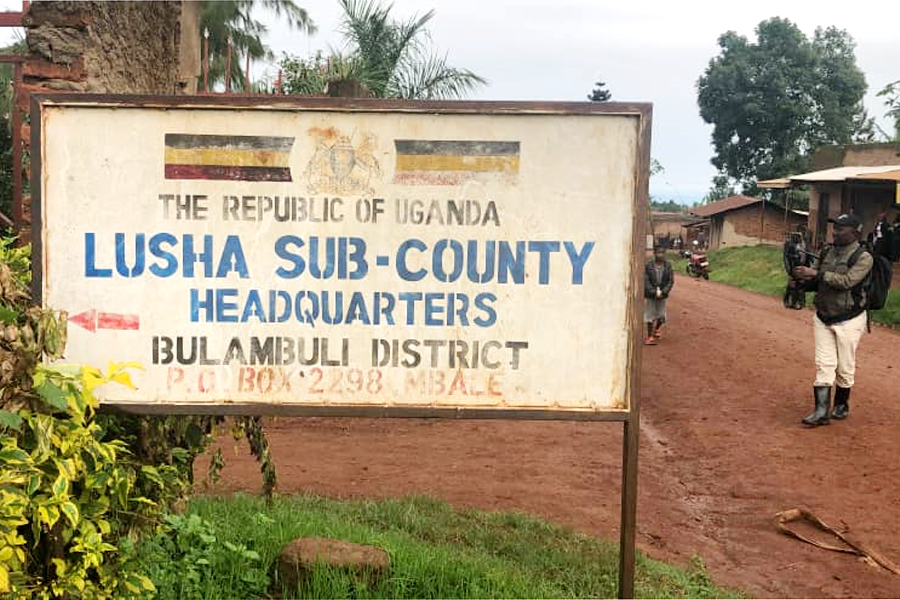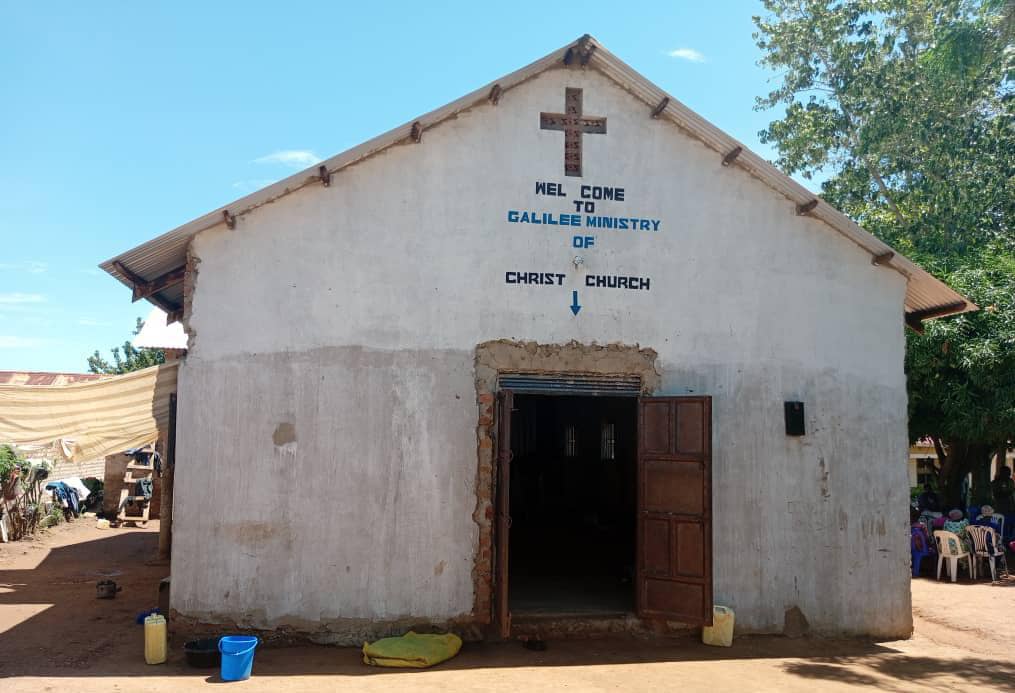Emmanuel Katto calls for entrepreneurial action to transform Africa

Despite having an abundance of natural resources, like gold, Africa nonetheless faces widespread poverty and underdevelopment.
Many African countries are impoverished, even though they produce around 89% of the world's gold.
Keep Reading
To overcome this contradiction, Emmanuel Katto, Uganda based businessman, is advocating for an action call for businesses to take a key role in improving the stand of Africa globally with African mineral mines.
Africa's enormous mineral wealth has long been seen as a sign of the continent's potential for economic growth.
However, a lot of African nations have had trouble fully realizing this promise.
Katto understands that wealth of the continent can spur change when paired with creative entrepreneurship in the field of African minerals.
Africa produces gold, but one of the main causes of its continued poverty is the absence of value addition on the continent.
Historically, the main exports from many African nations have been raw materials including gold that are refined and processed outside of the continent.
Jobs and important income are lost as a result of this behavior. Emmanuel Katto notes that the development of domestic processing and value-adding companies can help to reduce this leakage.
The notion of encouraging African entrepreneurs to invest in downstream sectors is in line with Katto's call to action.
African countries may enhance their income streams from mineral resources and keep a greater portion of the profits by generating value domestically. This can lead to industrial expansion, job creation, and increased government revenue.
Katto also highlights how important it is for African countries to create an atmosphere that is favorable to business and promotes entrepreneurship.
To attract and keep investment, this entails cutting red tape, lowering administrative barriers, and establishing tax incentives.
Countries may encourage entrepreneurship in a variety of industries, such as mining, processing, manufacturing, and services.
Innovation and technology adoption: Emmanuel recommends that African company owners investigate the incorporation of technology into their enterprises in an increasingly digital environment.
This may entail using contemporary methods in the mining and gold processing industries in order to boost productivity, cut waste, and guarantee ethical environmental standards. African entrepreneurs may become more globally competitive by embracing innovation.
The issue of infrastructure is a major contributing element to Africa's economic woes. Many African countries have inadequate electricity and transportation systems, among other infrastructure issues.
Katto emphasizes how crucial it is to build and maintain infrastructure in order to promote the flow of products and services, lower production costs, and increase competitiveness.
Additionally, Katto pushes African business owners to form strategic alliances and partnerships on the continent and beyond.
Through collaboration and pooling of resources, African businesses may more efficiently surmount obstacles and access international markets.
Katto has actively participated in programs that support entrepreneurship and value addition, demonstrating his dedication to Africa's economic change.
He emphasizes the ability of the private sector to effect change and argues that Africans may take control of their own economic destiny by pursuing entrepreneurship.
It is possible to overcome the paradox of Africa's ongoing poverty in spite of the continent's substantial gold output by taking entrepreneurial action.
Katto urges other African business people to take the initiative and support the continent's economic change. His message is very clear: the wealth of Africa, including gold, should no longer be a cause for mourning but rather a fountain of opportunity for its people.
Africa may become a major player in the world economy through entrepreneurship, innovation, value addition, infrastructural development, and strategic alliances.















